Brno Museum Night
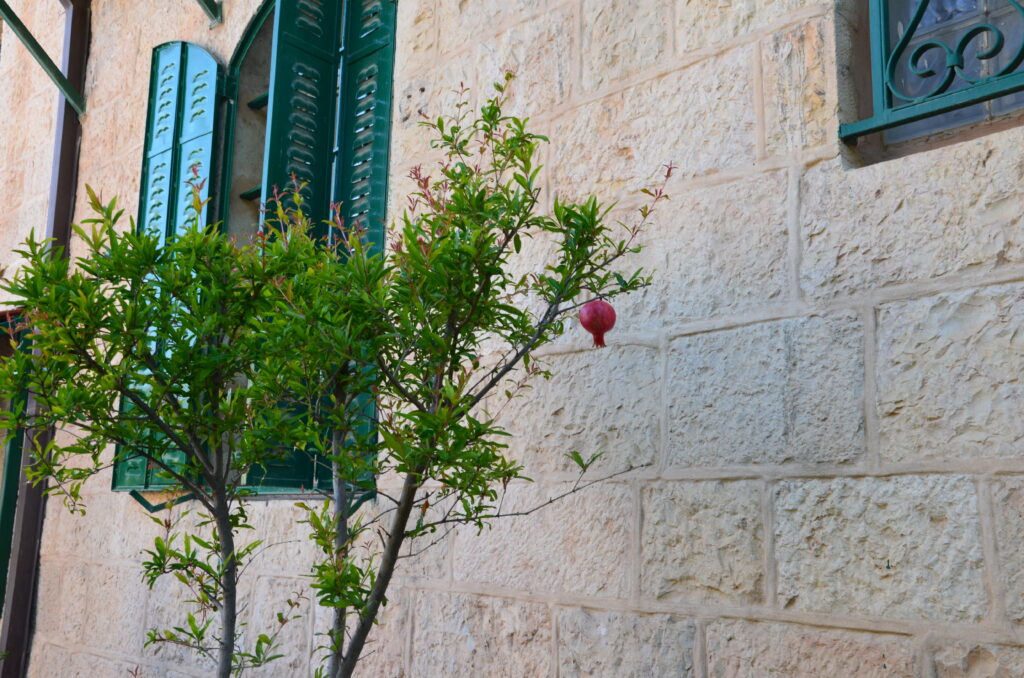
Brno Museum Night Saturday 17 May from 6 pm to midnight During Brno Museum Night you can not only visit all our current exhibitions, but we have also prepared two lectures for you: 7 pm: Judita Kopotová: Judaism and Love. What are the rules for cohabitation between a man and a woman in Judaism? What is the role of a woman and her main duties in a Jewish marriage? 10 pm: Tanya Klementova: Do not be afraid of Mehrin! Where is the place of the Moravian Jewish Museum among Czech memory institutions? A reflection on the contemporary museum scene.
The life and work of the Jewish architect Norbert Troller
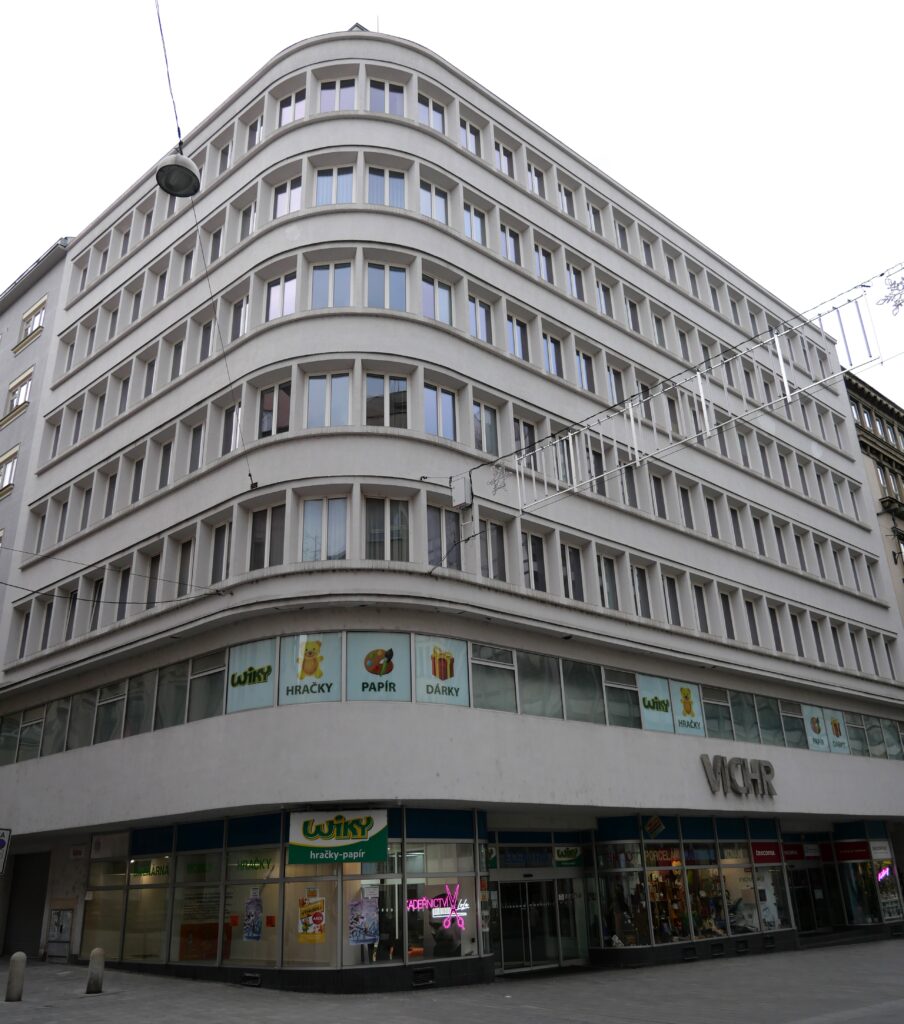
The life and work of the Jewish architect Norbert Troller Tuesday 13 May at 6 pm Norbert Troller (1896-1981) was an important Jewish architect from Brno. After studying in Brno and Vienna, he worked as an independent architect. He is best known for his modernized commercial portals, retail and residential interiors, as well as villas and multifunctional buildings. He is also the author of drawings depicting everyday life in Terezín. Troller also survived Auschwitz and emigrated to the USA in 1948, where he continued his successful architectural career. In her lecture, architectural historian Zuzana Ragulová will present important works from all his creative periods. Admission is voluntary.
Poetry behind the wall
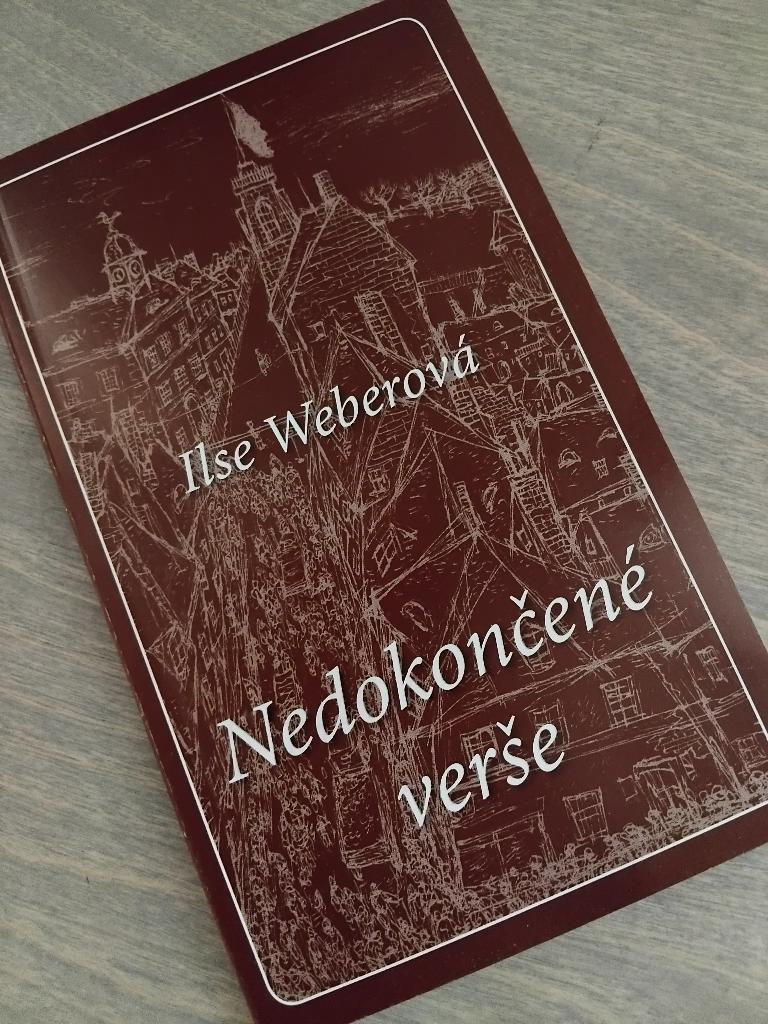
Poetry Behind the Wall Friday 25 April at 5.30 pm Villa Löw-Beer, Drobného 297, Brno An evening dedicated to the poetry of authors imprisoned in Terezín. Poems by Ilse Weber, Michal Flach, Robert Desnos, Anna Hanna Friesová and others will be performed. The presentation will be accompanied by a commentary on art in the Terezín ghetto. Táňa Klementová - historical commentary, Adéla Kratochvílová - performance, Michal Bumbálek - performance, Lubor Pokluda - musical accompaniment. The programme is held in cooperation with the Museum of Brno. Admission on the spot.
Pavel Kosatík: Psychoanalysis in the Czech lands: what was it for, what is it for...
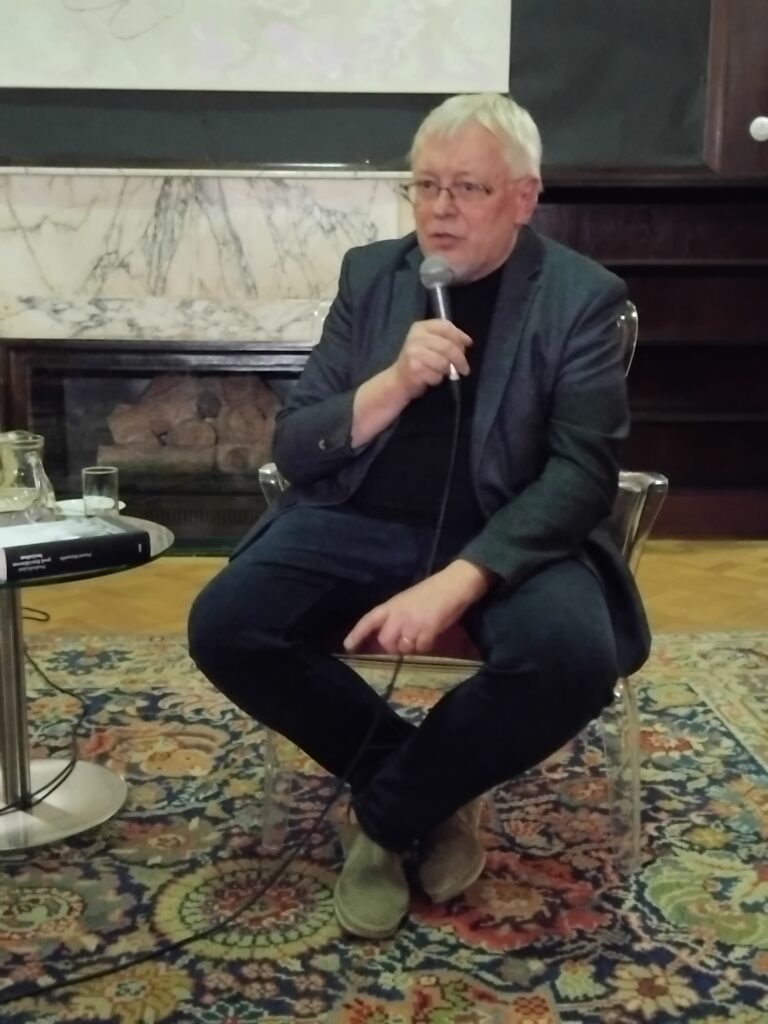
Pavel Kosatík: Psychoanalysis in the Czech Lands: What was it for, what is it for... Tuesday, April 22 at 6 pm What makes psychoanalysis Jewish and is it "only" Jewish? What is its position today in the chaos of hundreds of therapies, when one most often encounters not the continuation of a method, but the herald of a "holistic" principle? And where to go when one is sick? What kind of freedom does it give and what does one pay for it? Pavel Kosatík, whom we know primarily through his work as a writer, journalist and screenwriter, came to psychoanalysis as a journalist in 1993. For nine years, he devoted himself to it intensively, but when he was in training to decide whether it should become his profession, he did not dare. Yet he says of this period: It is the most valuable education or self-discovery of my life... Admission is voluntary. Seating is limited, please reserve your spot by emailing: kralova@malymehrin.cz. Thank you.
The desire to live. The (Un)Ordinary Story of František Färber from Kroměříž - exhibition opening
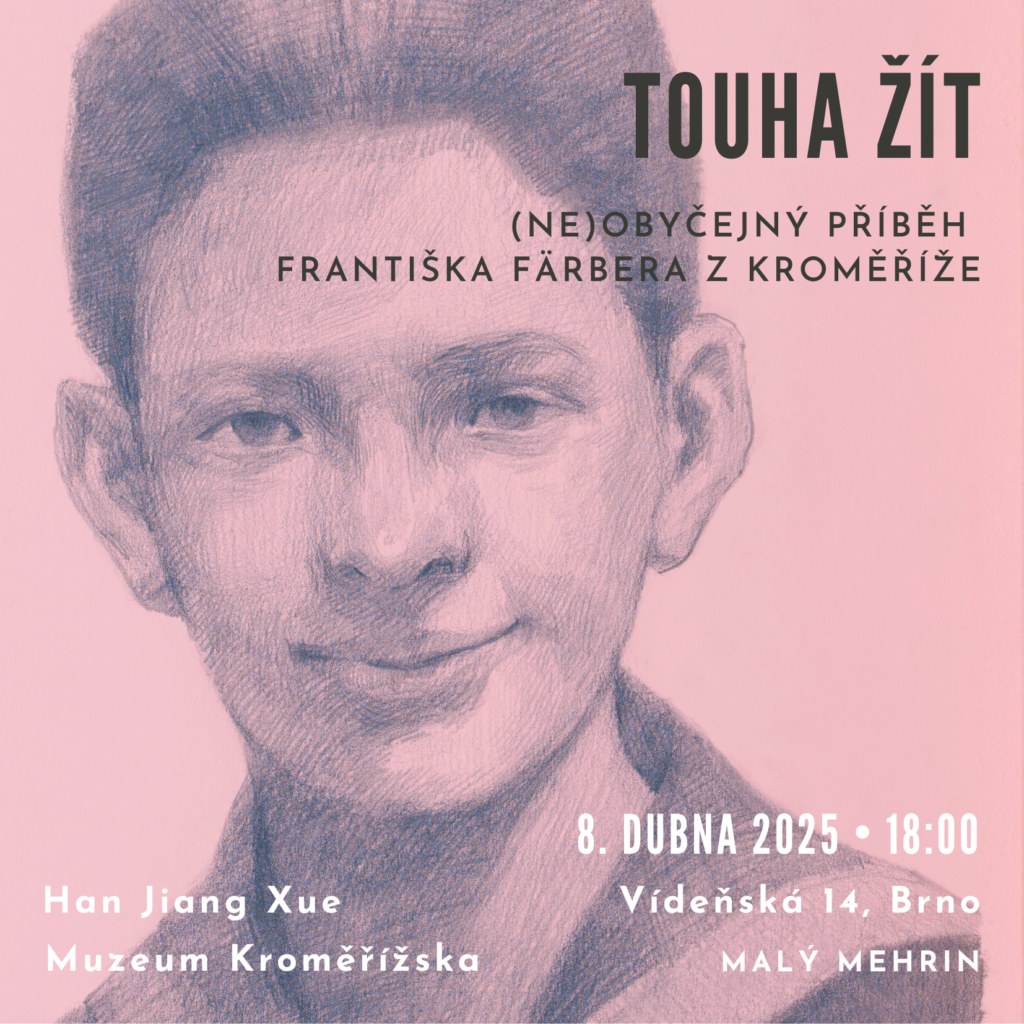
The desire to live. The (Un)Ordinary Story of František Färber from Kroměříž - exhibition opening Tuesday 8 April at 6 pm Drawings inspired by the life of František Färber, a Holocaust survivor from Kroměříž. The author of the drawings is Chinese artist Han Jiang Xue, who lives permanently in the Czech Republic. The exhibited drawings were created as a basis for an educational comic book for the Museum of Kroměříž. It set itself the task of tracing the imprint of the great historical events of the 20th century in the life of František Färber, whose family belonged to the Kromeriz Jewish community. The drawings are based on historical sources, such as family photographs, correspondence and objects stored in the museum's depository. We are looking forward to the promised presence of the author of the drawings and a representative of the Museum of Kroměříž, for which the exhibition was created in 2023. Admission is voluntary.
Christfried Tögel: From Halycha via Russia, Moravia and Saxony to Vienna: the Odyssey of the Freud Family
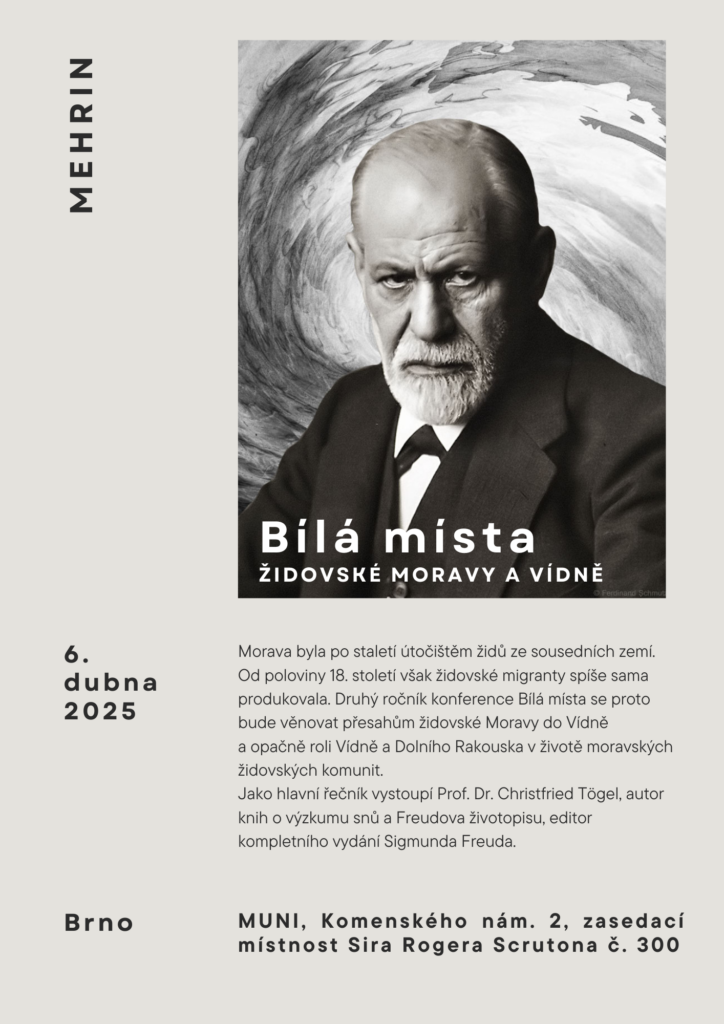
Christfried Tögel: From Halycha via Russia, Moravia and Saxony to Vienna: The Odyssey of the Freud Family MUNI, Komenský nám. 2, Sir Roger Scruton Hall 300 Sunday, April 6, 11 a.m. We agreed with the GPT chat that the world's most famous personality with Moravian roots is Sigmund Freud. He shares the top spot with Gregor Mendel. But how much is known about the origins of the most famous native of Pribor? Can studying his family roots and the places where the Freud family stayed bring anything new to light? A lecture by Christfried Tögel, a leading expert on the life and work of Sigmund Freud, will be presented as part of the conference White Places of Jewish Moravia and Vienna. Translation into English will be provided on site. The conference for the professional and general public is organized in cooperation with Masaryk University. Admission is free.
White Places of Jewish Moravia and Vienna

White Places of Jewish Moravia and Vienna 6 April 2025 "Moravia has been a haven for Jews from neighbouring countries for centuries, and these newcomers have contributed in many ways to the culture, society and religious life of Moravian Jews. From the mid-18th century onwards, Moravia tended to produce Jewish migrants itself, first because of repressive restrictions on residence, employment and marriage, and then, paradoxically, because of the freedoms brought by emancipation, first in 1848 and finally in 1867. As a result, Moravian Jews dispersed throughout Europe and contributed to many religious, political, scientific, musical, and ideological movements of the 19th and 20th centuries." These were the words with which Michael L. Miller opened his lecture Moravian Jews: a European Perspective at last year's conference. Let us reflect together on the overlap of Jewish Moravia into Vienna and vice versa on the role of Vienna and Lower Austria in the life of the Moravian Jewish communities.As a keynote speaker, our invitation was accepted by Prof. Dr Christfried Tögel -editor of several editions of Sigmund Freud's letters and author of 10 books on dream research and Freud's biography, editor of the complete edition of Sigmund Freud's work in 23 volumes Sigmund Freud - Hauptseite. Please send your proposals for papers on the white spaces in the relationship between Jewish Moravia and Lower Austria across time that you have been able to cover through research or that you suspect are still waiting to be explored, up to 150 words, to muzeum@malymehrin.cz by 31 January 2025.We will finalize the conference program during February. The programme can be downloaded here
Oskar Spielmann, Central European in Algeria
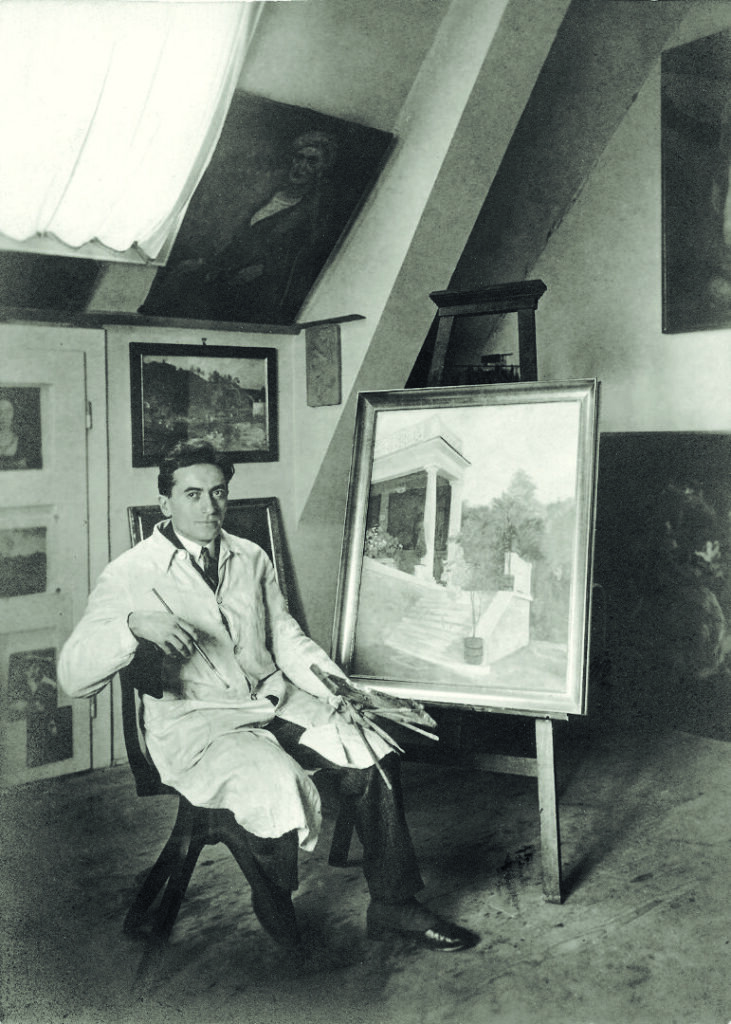
Oskar Spielmann, Central European in Algeria Wednesday 26 March at 6 pm Following the published monograph and last year's exhibitions in Cheb and Olomouc, a lecture by Mgr. Ivo Habán, Ph.D., will present the fate of a Brno painter with Jewish roots, whose story and work connects the history of Brno, Algeria and France. Oskar Spielmann (1901-1974) breaks away from the traditional line of Czech and Moravian Germans by staying in the Maghreb for more than thirty years. His work on the border of fairy tale and fantasy opens up, besides a specific reflection on exotic topics from our point of view, a more general issue of the Central European artist's activity in North Africa at the end of the colonial era. Attention will also be paid to the fate of Oskar's brothers, the architect Paul Spielmann (1900-1978) and the photographer Robert Spielmann (1913-2006), and to the questions of the future direction of the cultural legacy of the Spielmann family, processed on the platform of the Peter Spielmann Archive. Admission is voluntary.
Israelis and Palestinians in the shadows on October 7, 2023
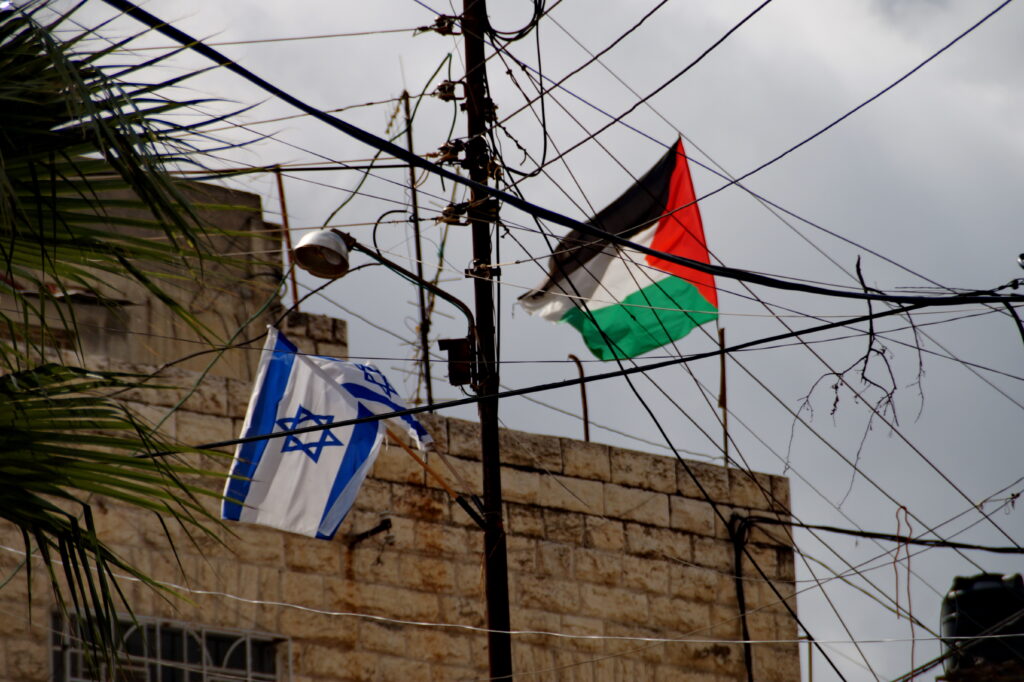
Israelis and Palestinians in the Shadows October 7, 2023 Tuesday, March 18 at 6 pm The deeper context of the longest political dispute in the Middle East and its current shape as seen through the eyes of Mark Cheika. He has been covering the Middle East since 1998 and has been a frequent visitor since then, particularly the area of the Israeli-Palestinian conflict. He is the author of "Israel and Palestine" and a number of other books and articles on the Middle East. Admission is voluntary.
What happened to confiscated Jewish property during and after the war?
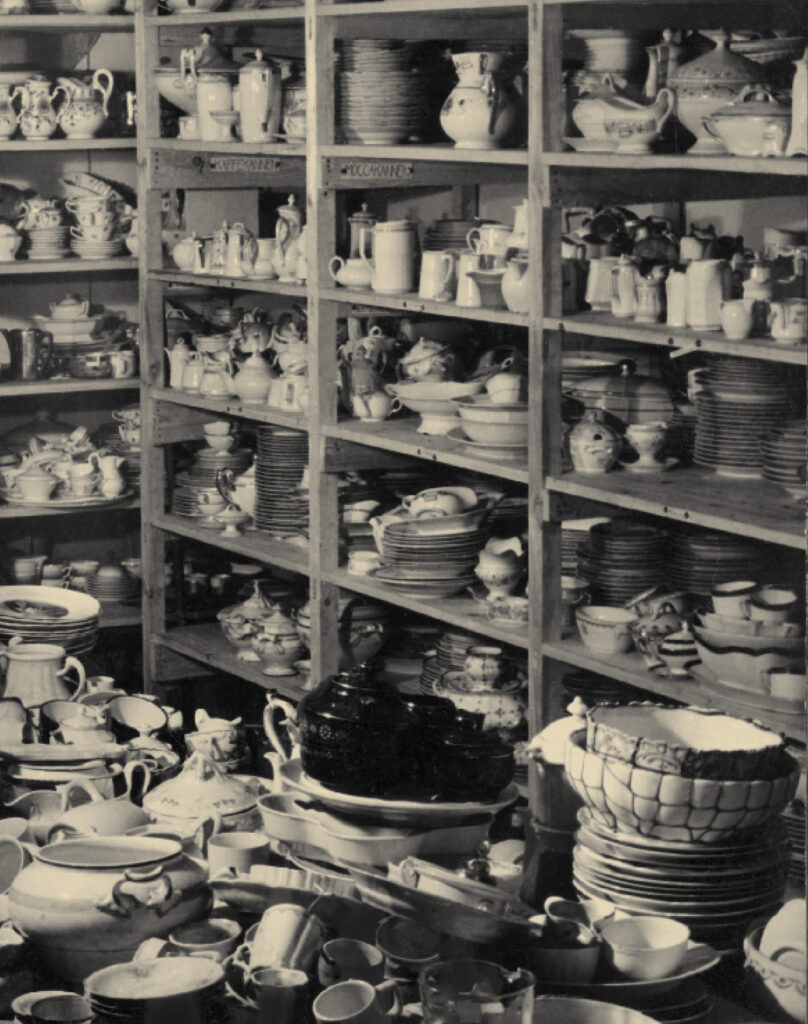
What happened to confiscated Jewish property during and after the war? Monday, 10 March at 6 p.m. Historian Jana Jirásková and Judaist Jiří Blažek will explain how the systematic confiscation of Jewish property worked during World War II. During the lecture, they will explain how it was determined which works of art were of the highest value and how some paintings or prints were saved from the Nazis. The lecturers will also talk about the research work they do when searching for confiscated art objects. Jana Jirásková studied history and religious studies at the University of West Bohemia in Pilsen. She has been working at the Centre for Documentation of Property Transfers of Cultural Property of World War II Victims since 2013 and focuses on the mechanisms of confiscation and restitution of property of World War II victims. She has been the director of this institution since 2023. Jiří Blažek studied Judaic Studies at Charles University and Hebrew University in Jerusalem. Since 2008 he has worked as a translator, editor and publisher of Jewish religious literature, and as a guide and lecturer at the Jewish Museum in Prague. Since 2023, he has worked as a researcher at the Center for Documentation of Property Transfers of Cultural Property of World War II Victims, o.p.s. Admission is voluntary.
